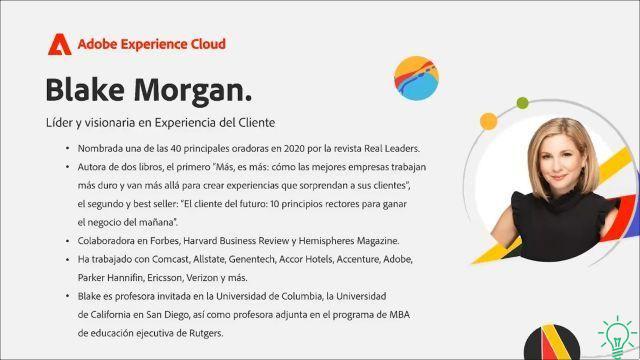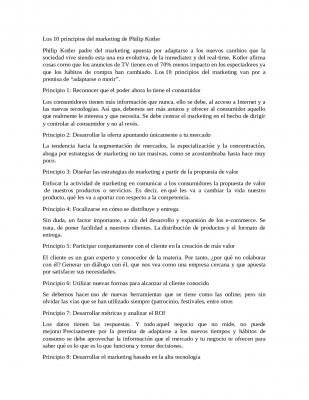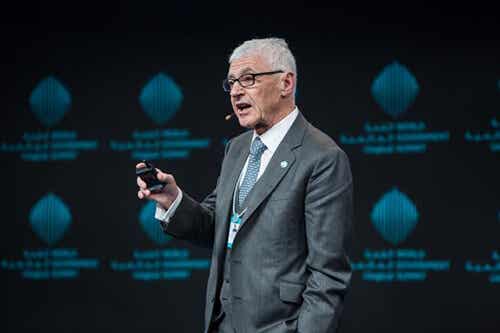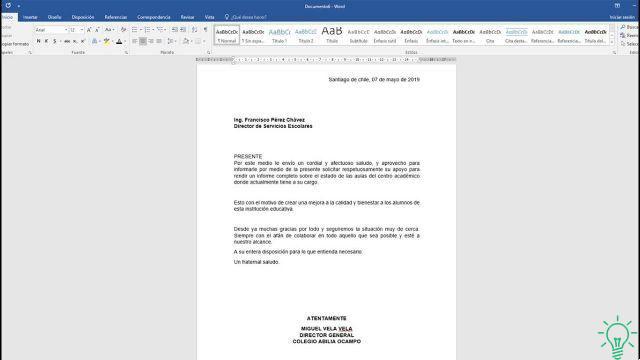Technology, talent shortages, and trust are just some of the issues that will challenge workplace culture over the next decade.

How will the culture of the workplace change?
What are the challenges to be faced?
What will the changes be?
In recent years, there has been an exceptional awareness and redefinition of the culture of the workplace, both by the company and by the employees. Culture is the "personality" of a company, including the behavioral expectations, practices and norms that influence the way people interact.
Recent research, found that corporate culture is the second most important factor that candidates take into consideration when considering whether to work for a company.
At the same time, the workplace culture is significantly influenced by several factors. Demographic shifts, diversity and inclusion initiatives, talent shortages, automation, technological evolution and data invasion are converging to create both immediate and long-term change.
Teams will be more inclusive than ever

As the shortage of skilled workers forces organizations to attract new talent, the corporate culture will need to focus on inclusion to create harmonious and productive work environments.
Function or project teams will be increasingly distant: technological solutions will play a role in this cultural shift, facilitating collaboration between time zones, providing solutions for people with disabilities and even helping managers to dismantle their own prejudices.
Being an effective communicator will be more difficult

Finding employees with great communication and leadership skills is a perennial challenge for today's companies.
And our current workplaces don't do much to nurture these skills: open spaces where employees work with headsets (sometimes they're one of them) further erode communication skills. Ten years from now, the gap in communication skills will likely widen.
In addition to voice, text and video, advances in virtual reality will change the way people meet and interact, and being an effective communicator will include mastering various media. Adaptation and the ability to use multiple platforms will be essential: managing the platforms themselves in an inclusive way will be key as workplaces become more and more diverse.
The trust factor will be more complex

As artificial intelligence and machine learning permeate virtually every workspace, employers will have access to far more data on employees, productivity, and work patterns.
This transparency will allow employers to find ways to improve productivity, for example by providing training in areas where employees appear to be struggling. However, such data will also lead to new privacy concerns - the challenge is to ensure that the data held by the company is kept accurately.
As a result, companies will need to analyze and check the data to make sure they are “reading” it correctly and balancing decisions about individual employees with their own knowledge.
Employees will also need to feel that employers are safeguarding the data they collect, so it will be necessary to be transparent about how data is collected and used to foster trust between employer and employee.
Effective workspaces can make the good old office "popular"

Culture is also influenced by the spaces in which you work: some companies will create more flexible, carefully designed work environments that facilitate the workflow and needs of employees. The design will include more private spaces and workstations that facilitate concentration and concentrated work.
As connected tools and environmental controls become more and more "intelligent," control of everything from lighting and noise levels to office temperature levels will be optimized for employee performance and comfort.
Beautiful spaces that have great technology and make work easier can also attract more remote workers.
Technology allows people to work from anywhere, but you need to come together to really build a team and culture, so you can't have everyone working remotely.
If technology develops as intended, and is used correctly, inclusion, trust and investment in employees will drive workplace culture over a decade.
Employers will need to embrace transparency and build long-term relationships with employees to create the culture they seek and don't want to leave.

























